
Who We Are
Annika Children’s Initiatives is focused on giving back to local communities in a sustainable way.
We have initiatives in Malawi and South Africa.
In 2021, we hired Malawians in the Mulanje district to work for us as tailors, a guard, a basketball coach, and a community coordinator who receives local mentorship from a board member. Our basketball trainer is training volunteers to become basketball coaches for our basketball program. Local leaders provide career mentorships and empowerment for students in rural South Africa.
About Annika Children’s Initiatives
-
Partnering with organizations to create and support sustainable opportunities which enable communities to live to their potential.
In Malawi: Our focus is to provide students in rural communities opportunities to excel through education and advancement. With initiatives like providing school uniforms, sports programs, job opportunities, and optimal learning environments, students are encouraged to excel in their education.
In South Africa: Our focus is providing career exploration for students in rural communities in order to expand their future opportunities.
-
To enable vibrant and healthy communities with sustainable livelihoods.
Our focus in both Malawi and South Africa is to provide students with opportunities that will further their education, expand their future possibilities, and support their communities. Our vision is to see more students in these areas graduate, give back to their communities, and excel in their lives.
-
CorpsAfrica: Connecting locals in Malawi with opportunities to give back to their communities through Annika Children’s Initiatives.
Gift of the Givers: Committed to building changing rooms for menstruating girls and sanitation/toilet rooms.
OneWorld Coffee: Donates a percentage of coffee sales to support Annika Children’s Initiative.





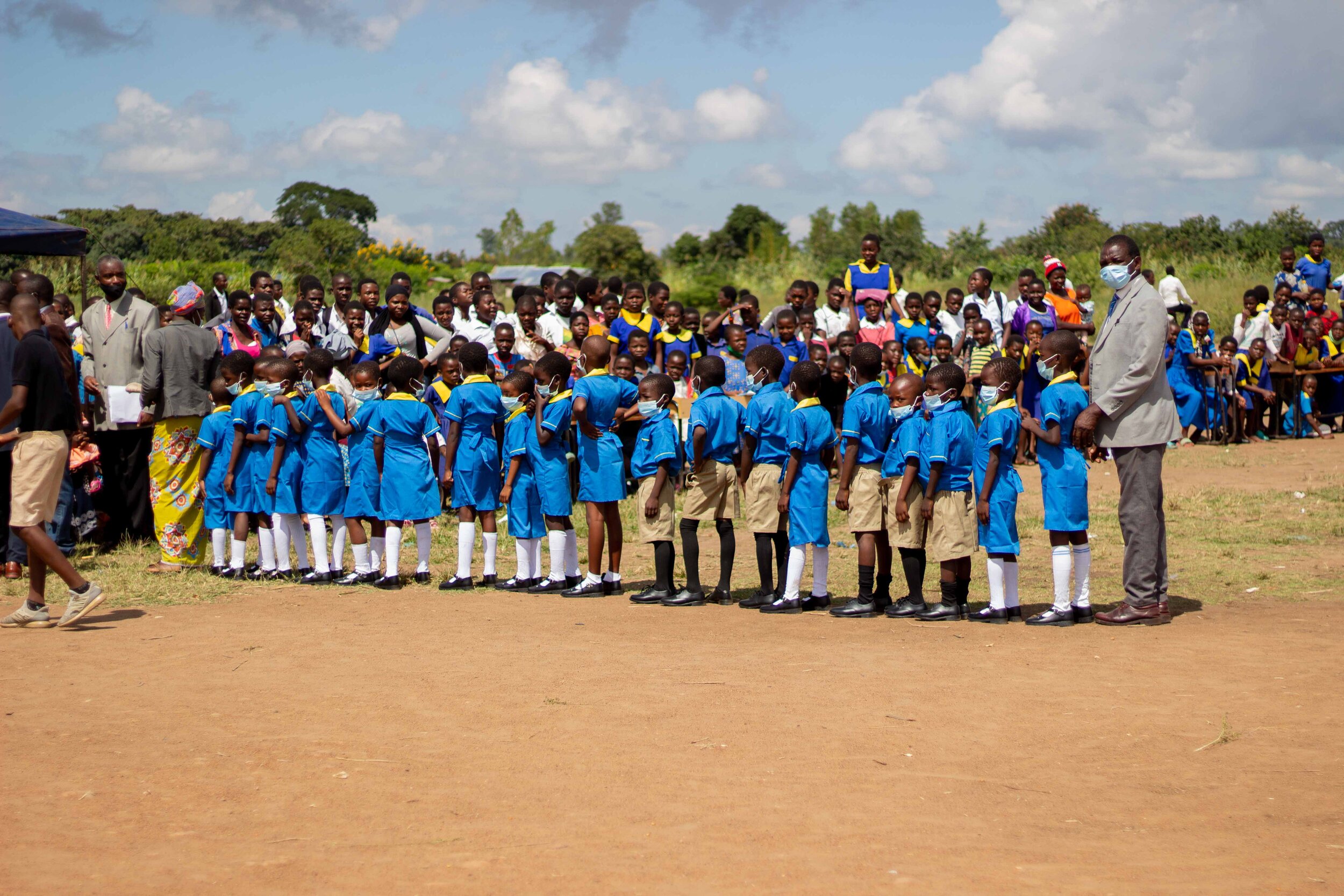

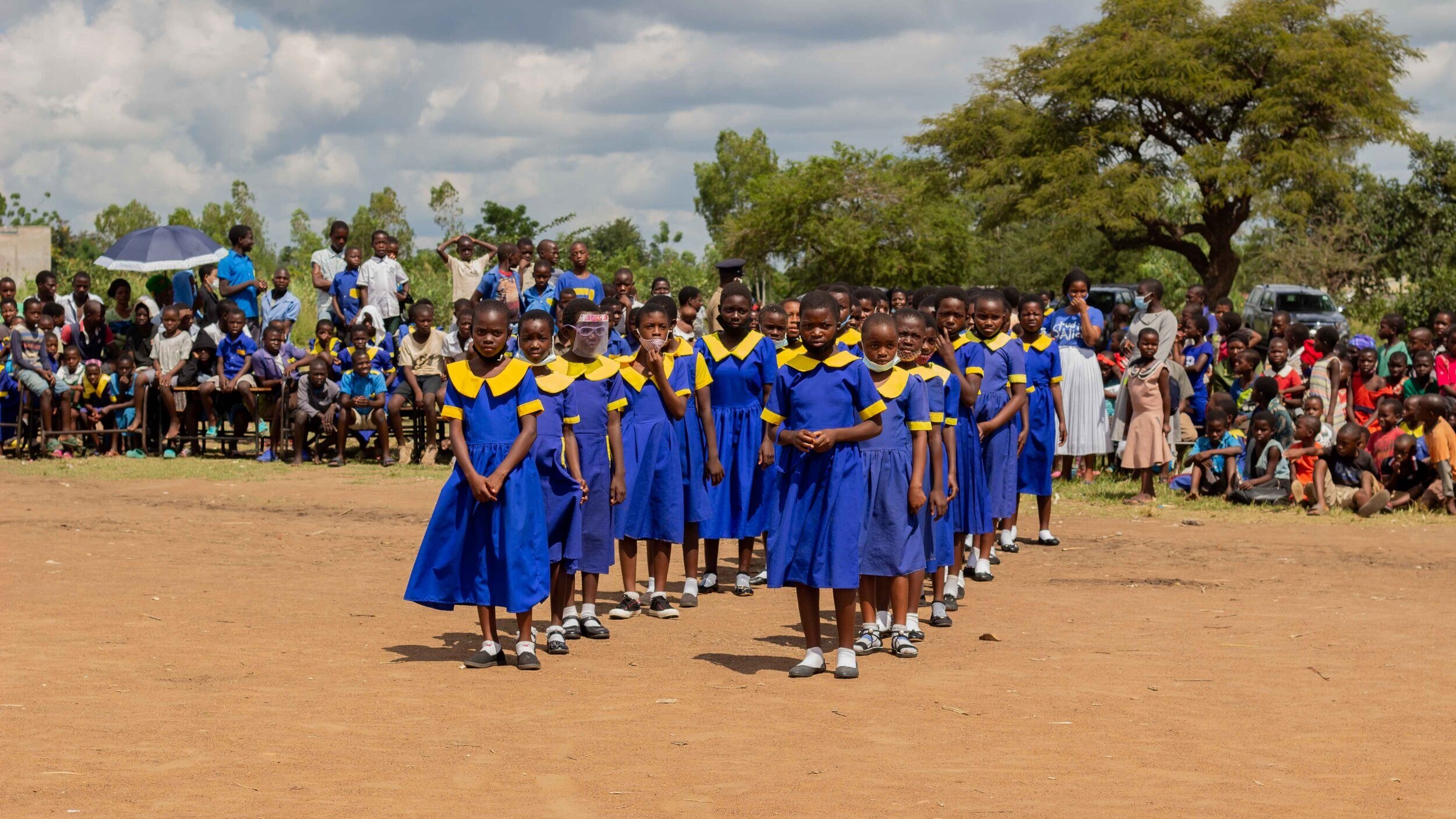



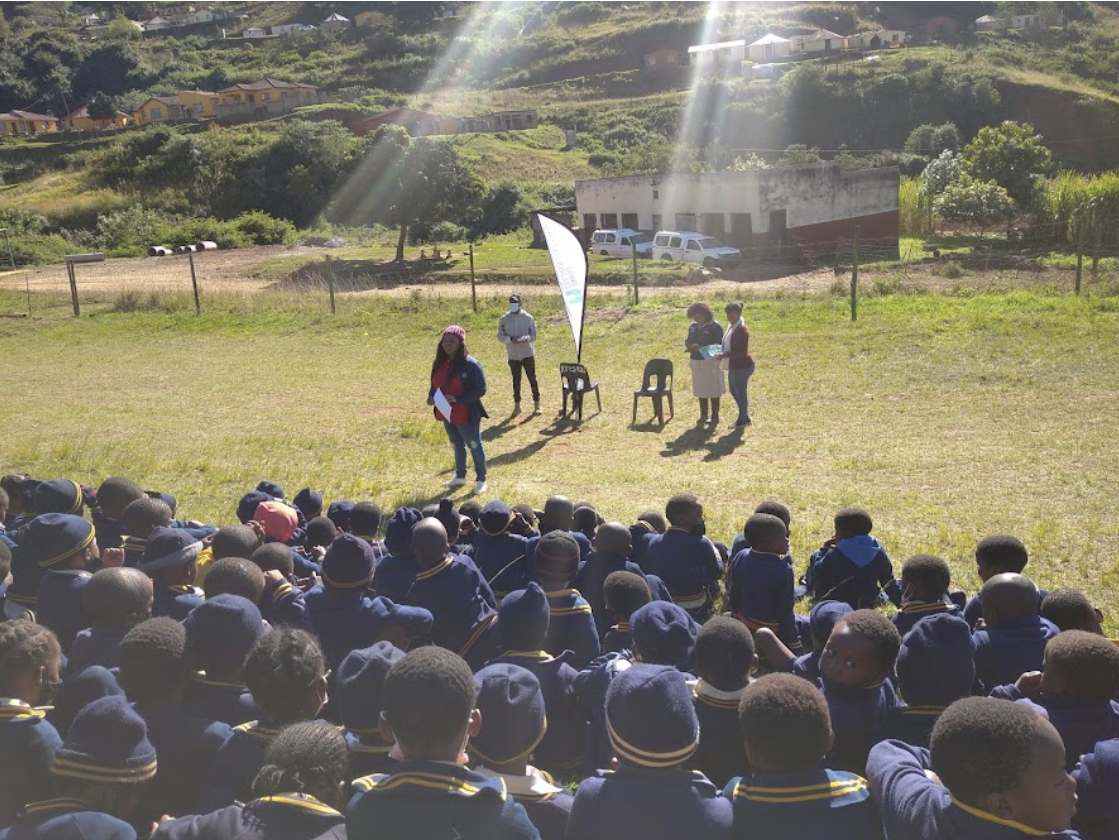
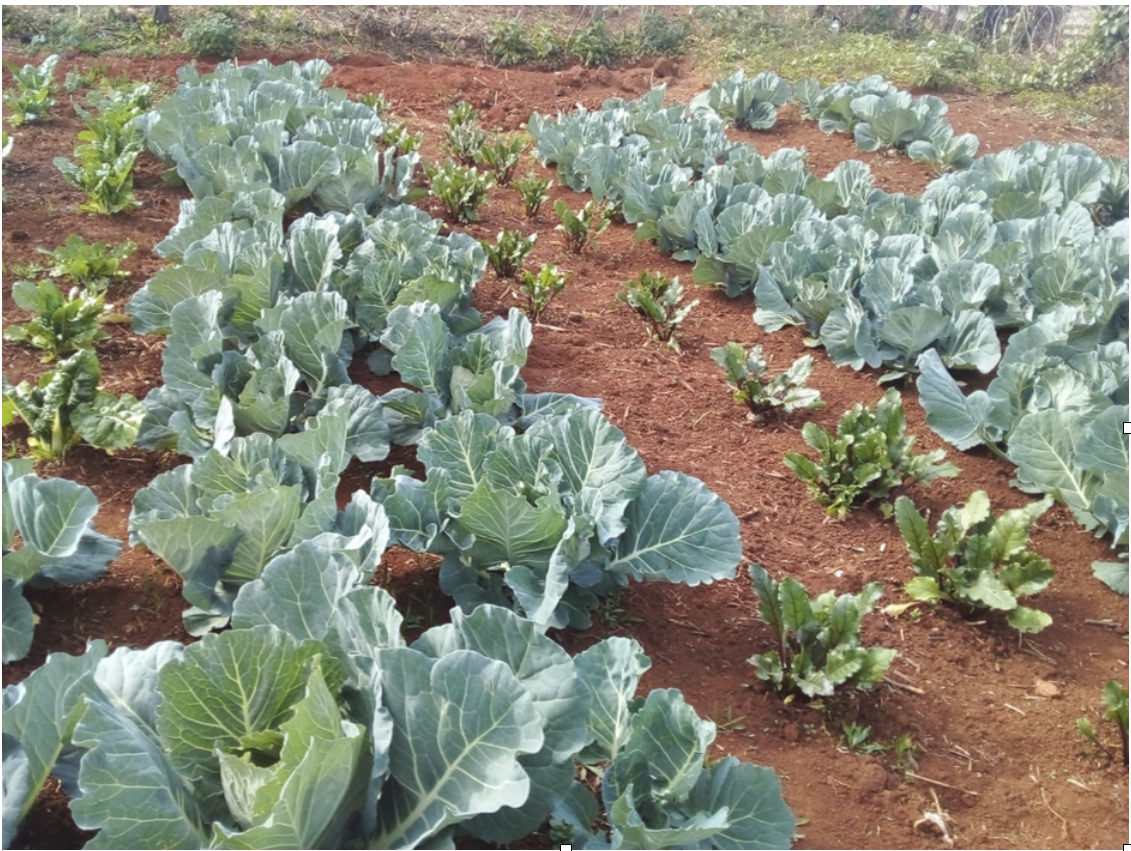
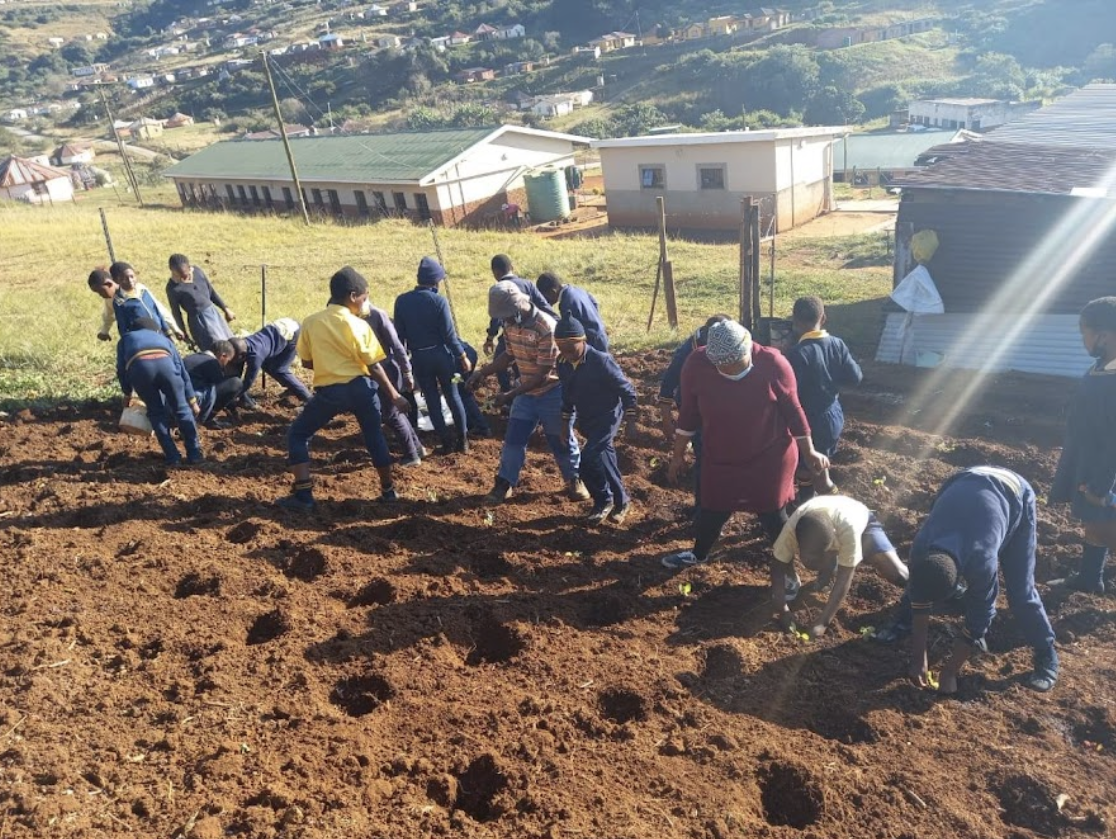
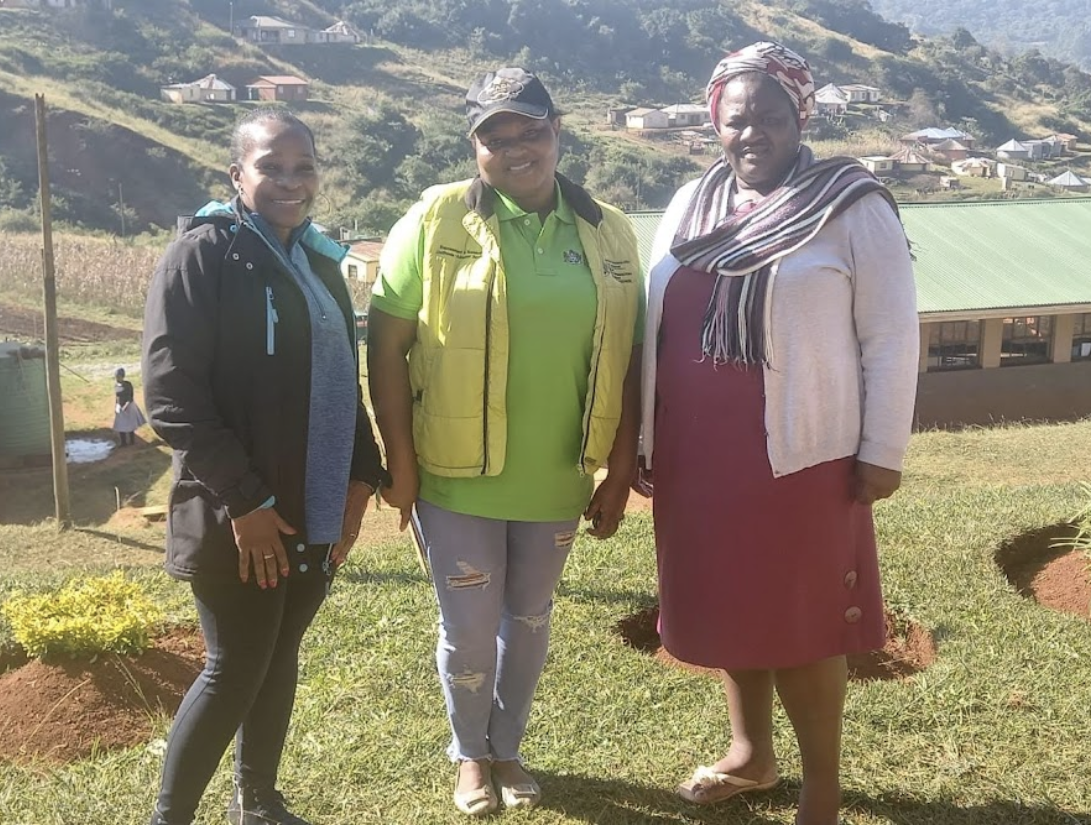

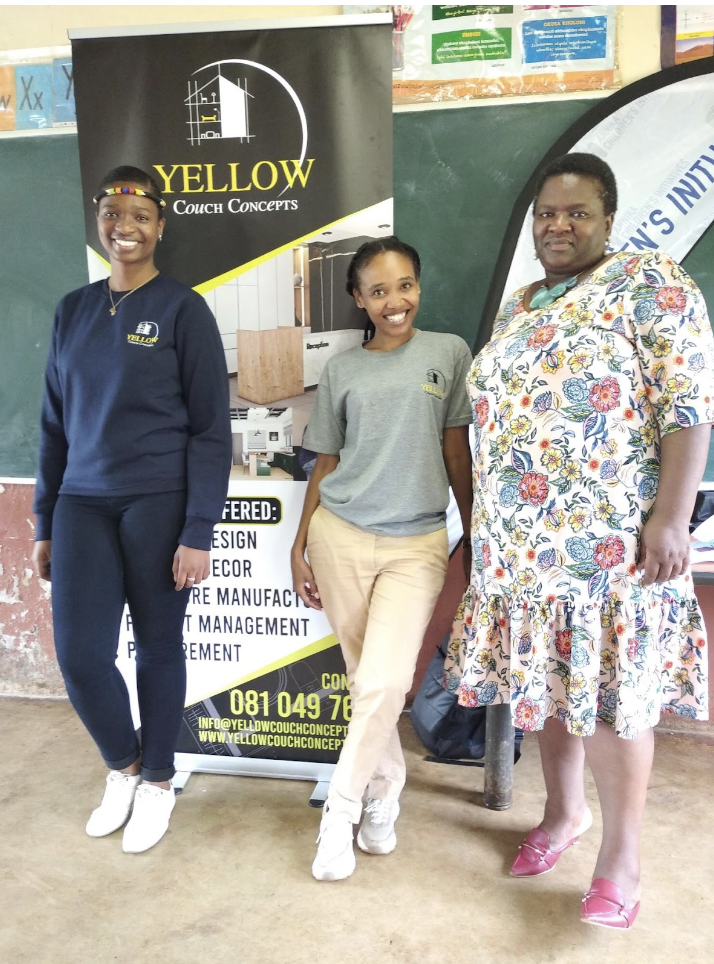

“Annika Children’s Initiatives works with learners, families, community leaders, and local governments to support the basic needs of school-age children through uniforms and durable shoes. ”

